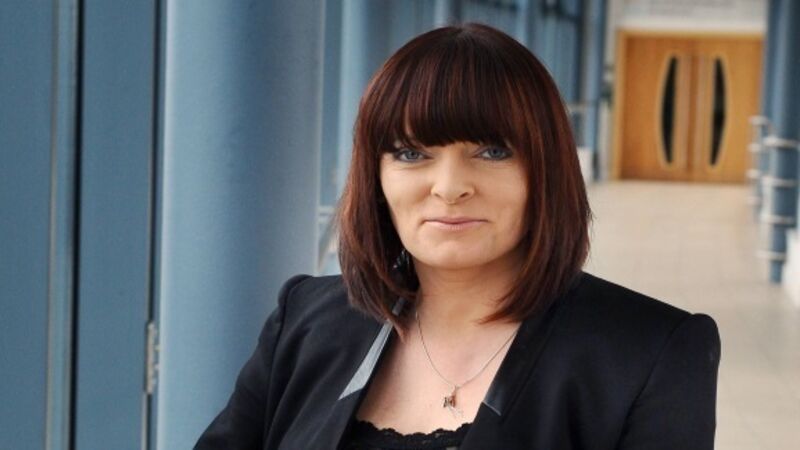No longer alone in calling for fetal anomaly scans for all

In late 2007, I came back to work in Cork from London, where after years working in fetal medicine research, I had been training as a specialist in maternal and fetal medicine. This was in a busy tertiary-referral centre for complex fetal problems and complicated multiple pregnancies. At that time with the fetal surgery field fast developing, new interventional procedures were being offered while termination of pregnancy was an option chosen by many parents we looked after.
I knew when I decided to practise in Ireland that working in fetal medicine would be different, not least because of the options available to parents after prenatal diagnosis of fetal anomaly. In addition, all of us working in this area know that the complexity and diversity of problems we see on scans involve degrees of uncertainty regarding prognosis, anticipated lifespan, and severity. This always requires a comprehensive and individualised approach to care from diagnosis. I expected that I would have to find my own way of giving honest and open information to parents, but I knew my training and experience would be of benefit in the practical reality of managing these pregnancies.
















